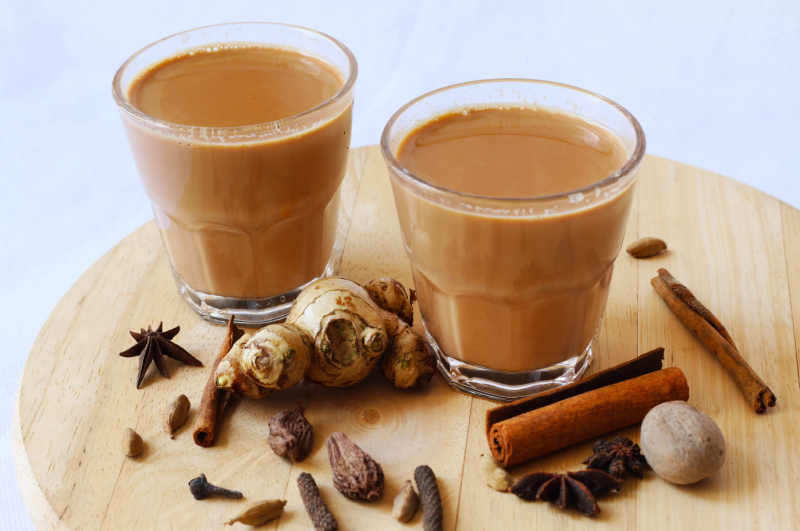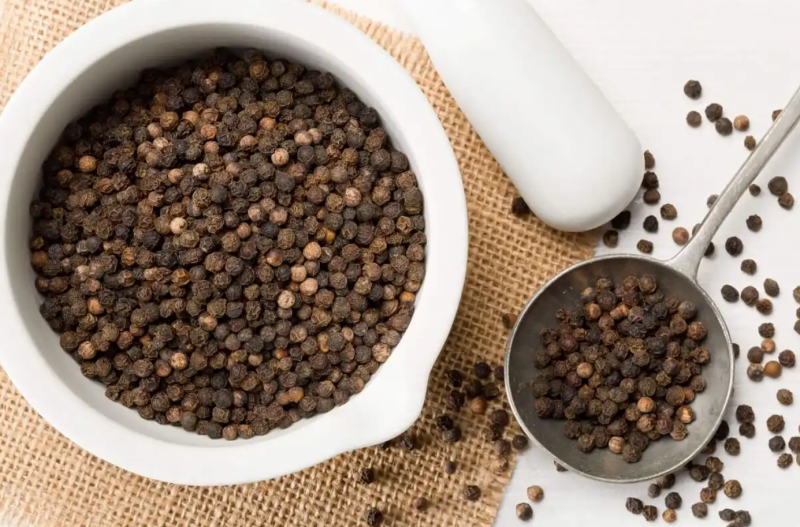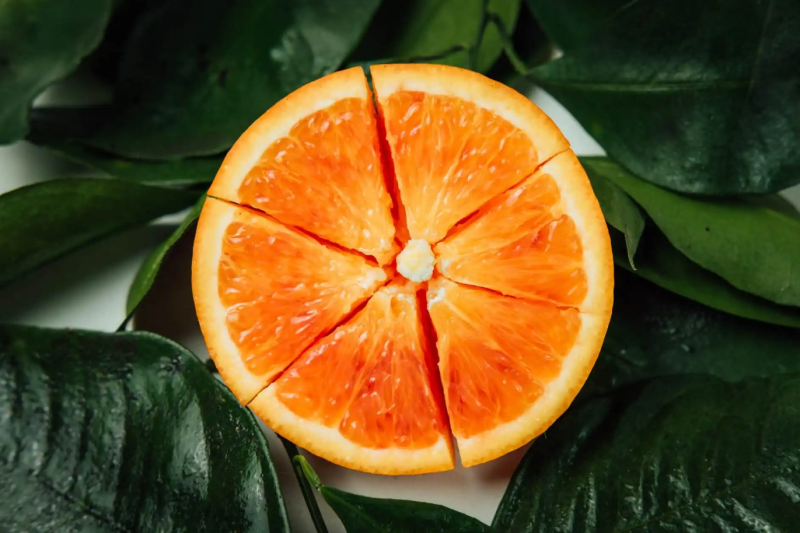
Chai tea originated in India and consists of tea, herbs, and spices. Its name is redundant since the word chai translates as ‘tea’ in Hindi. However, it is a popular term worldwide, although it is also known as masala chai, which means ‘spiced tea.’
Some spices must be combined with black tea and milk to prepare it. It can vary according to the herbs used, but it generally has some essential ingredients. In the end, it continuously acquires a sweet and fragrant taste.
It is thought to have been invented over 2,500 years ago to take advantage of its healing properties. Since then, it has been part of traditional Chinese medicine and holistic medicine from India or Ayurvedic.
Contents
Origin and consumption of chai tea
Lutgedorf wrote in his article that the origin of chai tea dates back thousands of years. His original recipe was inspired by a formula called masala, which in Hindi translates as spice. It is said that a king created it over 2,500 years ago to restore the balance between the mind, body, and spirit.
Chai tea only included spices to relieve some minor ailments at that time. A few centuries later, when the British brought black tea leaves to India, they added them to chai tea. Over time, they were also made from green tea and oolong tea leaves.
The commercial boom for chai tea began in the 20th century in India. Today it is sold in almost every cafe in the world.
Standard tea is made with black tea, hot water, and the addition of spices such as ginger, cinnamon, cloves, and others. However, warm milk or milk mixed with water can also be added.
Other spices include cardamom, black pepper, fennel, nutmeg, and star anise. It can also be combined with chocolate. Pepper and ginger make it spicy, while cinnamon and cloves give it an earthy feel.

Possible benefits of chai tea
Tea, like water, is the cheapest drink consumed by humans. Drinking tea has been considered a health-promoting habit since ancient times. Currently, medical research is building a scientific basis for this belief.
It is a source of antioxidants.
Chai tea could contain many antioxidants that neutralize free radicals, thanks to the presence of polyphenols in its ingredients. An article reports that green tea contains catechins and theaflavins with antioxidant activity.
Cinnamon, cardamom, and cloves are also rich in these substances. Some authors mention the presence of cinnamic acid and cinnamate in the cinnamon bark.May improve digestion
Drinking chai tea to relieve digestion problems can be a good decision. For example, ginger helps to eliminate nausea, especially during pregnancy. Other spices can also improve the digestive process.
Cardamom, cloves, and cinnamon have antibacterial properties, so they can prevent severe gastrointestinal infections and help the digestive system work better.
Another animal study concluded that using five times more black pepper than anyone else consumes can increase digestive enzymes. But these amounts are not present in chai tea, and more human studies are required.
Promotes heart health
There is evidence that the ingredients in chai tea help improve heart health. One of them is cinnamon. Some studies carried out in adults found that 1.3 to 6 grams per day reduces total cholesterol by 26%, LDL or bad cholesterol by 27%, and triglycerides by 30%.
However, like pepper, these cinnamon values are above what is listed for chai tea. However, one review maintains that 120 milligrams of cinnamon daily may be enough.
Black tea has been studied in healthy, overweight, and obese people to understand its effect on cardiovascular risk factors. A decrease in total cholesterol and LDL cholesterol was found, while the good or HDL cholesterol did not change.
Experts observed drinking four or more cups of black tea daily can lower blood pressure levels. While drinking 3 cups could reduce the risk of heart disease by 11%.
Black tea contains 6% catechin polyphenols and 12 to 18% thearubigins. These active components participate in the prevention of cardiovascular diseases and the general promotion of health.
Can control blood sugar level
Some spices and black tea added to chai tea can help improve blood sugar levels. A group of researchers reports that black tea is good for diabetic patients since it is an unsweetened drink that enhances the insulin response.
Another study also found that black tea improved postprandial blood sugar levels in healthy and prediabetic adults. On the other hand, several reports recognize the use of cinnamon to improve blood glucose in type 2 diabetics.
A group of doctors concluded that cinnamon can reduce insulin resistance and fasting blood glucose between 10% and 29%. Others found that cinnamon reduced the fasting blood sugar concentration of poorly controlled type 2 diabetics by 10%.
Another spice studied as beneficial for type 2 diabetes is ginger. They found that oral administration of 2 grams of ginger to type 2 diabetic patients improved blood sugar during fasting.
To achieve the effects shown in these studies, between 1 and 6 grams of ginger and cinnamon must be ingested. Chai tea bags or any prepared in a cafe provide less than required.
It could act as an anti-inflammatory.
Chai tea contains some elements with anti-inflammatory activity. An experimental study on black tea found a marked anti-inflammatory effect thanks to flavonoids. This could help relieve muscle and chronic pain.
Ginger has also been associated with the power to reduce inflammation. One study showed that ginger’s essential oil and resin components participate in metabolic pathways activated during chronic inflammation.
On the other hand, cinnamon also helps reduce chronic inflammation and prevent pain. The most potent anti-inflammatory components of cinnamon are cinnamaldehyde and methoxy-cinnamaldehyde.
It helps prevent weight gain.
A controlled study found that drinking 3 cups of black tea daily can inhibit weight gain and reduce the increase in abdominal fat. However, it seems that this effect only works in the short term.
If you are drinking chai tea, you must be careful not to use sugar. Some varieties add specific amounts that would nullify the effect described in the study.
Options for preparing chai tea
There are several options for preparing chai tea :
- Masala chai – This traditional drink includes black tea, ginger, cloves, and cinnamon. You can add a little warm milk and honey as a sweetener. If you like it spicy, add warm water instead of milk,
- Rooibos chairs a varied mixture of spices accompanying the chai. For example, it has ginger, coriander, pepper, cardamom, and cinnamon. To obtain a caffeine-free chai tea, black tea is substituted for rooibos, a South African red infusion.
- Solstice Spice: this type of chai tea includes apple and orange slices. The spices are cloves, cinnamon, cardamom, and pink pepper. It is spicy and fruity.

Homemade chai tea recipe
Traditional chai tea is straightforward to prepare at home. Of course, you must have fresh spices to grind them later. It is preferable to use whole milk because it gives more flavor.
Ingredients
- Cinnamon.
- Whole clove.
- 1/2 cup of water.
- One bag of black tea.
- 1/2 cup of lukewarm milk.
- Honey, artificial sweetener, or sugar.
- One pinch of grated or powdered ginger
Step by Step
- Crush the nail.
- Place all the spices in a pot and take it to the fire.
- When the water boils, reduce the heat in the pot and leave it for ten more minutes.
- Reduce the heat again and add the black tea bag, whole milk, or preferred type.
- Cover the pot and leave it for 5 minutes.
- You must strain before serving and sweeten to your preference.
- Serve warm.
Chai tea is an exciting blend of spices whose bioactive components have been studied as healthy. It can help you lose weight, keep your heart healthy, and control type 2 diabetes. It is an ancient, aromatic, and spicy tea that, if you know how to choose the ingredients, more beneficial it will be.